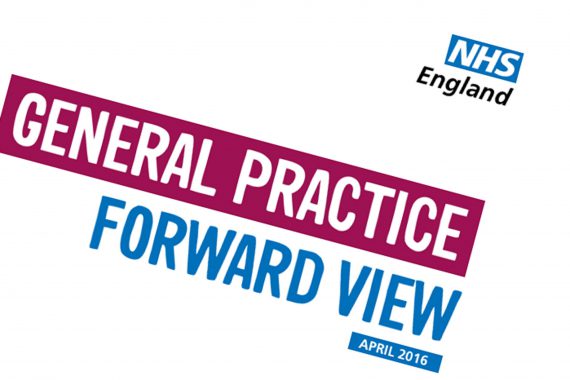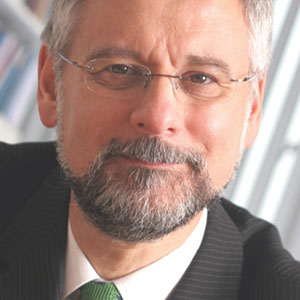Can the Forward View revive general practice?

YES

Well there’s one thing about GPs – you’ll always find someone to be grumpy however good the news is. And this news clearly is good. It’s not just the extra £2.4 billion for general practice, or the 3,000 extra mental health therapists in primary care by 2020, or the £112m for 1,500 pharmacists working in general practices. More importantly, it signals a sea change in the way NHS England sees general practice, clearly indicated by NHS chief executive Simon Stevens’ introduction to the package, when he says: ‘There is arguably no more important job in modern Britain than that of the family doctor’. I think they are starting to get it.
This new workforce won’t arrive immediately, but NHS England has thought about trying to reduce our workload too. So a new standard contract for hospitals will reduce the amount of work being dumped on general practice, by stopping automatic discharge of patients who fail to attend hospital appointments, removing the requirement to refer back to the GP if another specialist’s opinion is needed, and setting standards for specialists to communicate results to patients and GPs. It really starts to look like a comprehensive rethink.
CQC inspections will now be five-yearly for more than 85% of practices. And – this surprised me – there’s an extra £16m for mental healthcare for GPs; not that it’s not needed, but that Government is prepared to admit the huge stress GPs have been working under.
Of course this won’t happen overnight, and next week won’t suddenly be less stressful than last week. NHS England has made a huge number of promises it now has to deliver on – and be held to account for. But this package exceeds what either the BMA or RCGP could have hoped for, and I think it will be a real watershed for general practice. If general practice thrives then we really are on our way to a world-beating healthcare system. Then medical students will want to be GPs, and young doctors will want to be our trainees, and a few older doctors might even decide to stay on a bit longer.
Professor Martin Roland is professor of health services research at the University of Cambridge. He was a GP for 35 years

NO
This is not going to rescue general practice. Not general practice as we know it anyway.
No one disputes that it is good to have the GP state of emergency recognised by policymakers, but it’s about five years too late. The dominoes are already falling.
The package does contain money. Somehow £2.4bn has been found behind NHS chief executive Simon Stevens’ sofa. However, it appears to be from the £8bn already promised to the NHS, so someone else will lose out. Transfer of funding from secondary to primary care is welcome, but trusts already have huge deficits, so how will they cope?
What we have needed all along, is an immediate, large investment into the global sum. GP practices have proven themselves efficient and smart users of money. Don’t make us jump through bureaucratic hoops to get funding, or use precious time redesigning services that work already and don’t insist on seven-day opening to get this money. Trust us to use it wisely and just give it to us now.
As expected, this plan is based around working ‘at scale’ and all its perceived benefits. Yes, there are definitely some, but a lot of this money is being spent facilitating this change. GPs don’t have time to wee, let alone plan new ventures. Some vanguard sites are doing well, others are floundering; it’s not a panacea and I worry the importance of smaller, well-run surgeries is being forgotten.
There are some good points in the plan, such as funding for pharmacists, paramedics and training up admin staff. The guidance on secondary care work is helpful, but shouldn’t be needed. Improvements to the returners scheme are welcome, although I have heard it isn’t working in practice as no one seems to understand it.
Will the rest of the Forward View rescue general practice? I don’t think so. The money may or may not be new, but it doesn’t even take us back to historic funding levels and we’ll have to do more work and look after a significantly more medically complex and dependent population. What we need is enough money to do what we do now, but better, That would be the basis of a real rescue package.
Dr Stephanie de Giorgio is a GP in Kent and a co-founder of Resilient GP
Pulse October survey
Take our July 2025 survey to potentially win £1.000 worth of tokens










